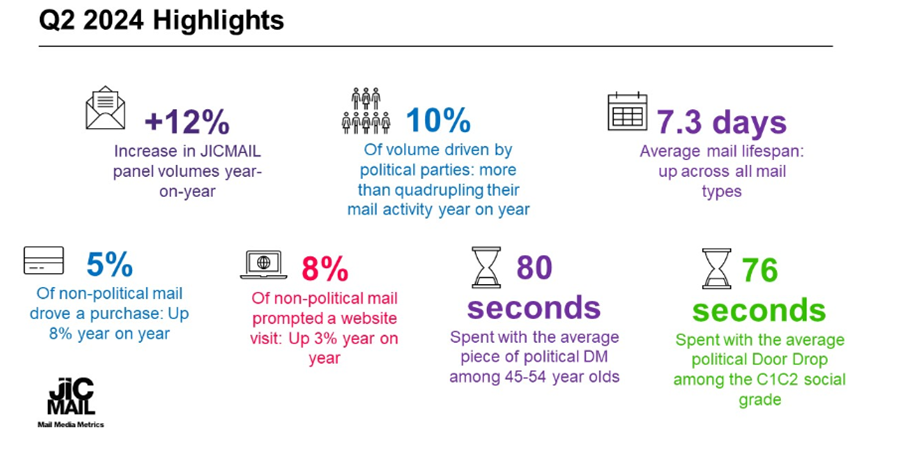Navigating Uncertainty with DM
The latest IPA Bellwether Report offers a detailed look at the UK marketing landscape in Q3 2024, showing a significant pause in total marketing budgets. With economic uncertainty surrounding the Autumn Budget, many businesses have opted for caution, leading to a net balance of 0.0% between those increasing and decreasing their marketing spend, down from +15.9% in Q2. However, direct marketing continues to shine, outperforming other channels and demonstrating its value in a volatile environment. Direct marketing, including direct mail, saw one of the strongest upward revisions in three quarters, with an increase of +9.7%, up from +8.9% in Q2. This boost underscores the channel's ability to deliver measurable results and maintain customer engagement even when budgets are tight. While [...]









